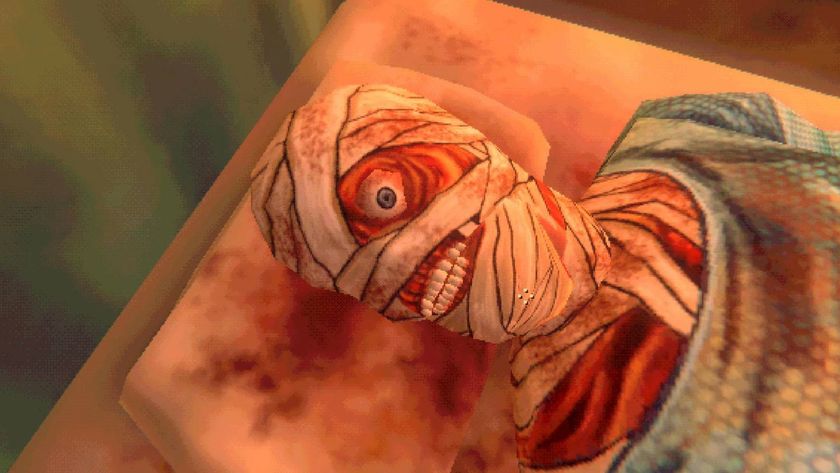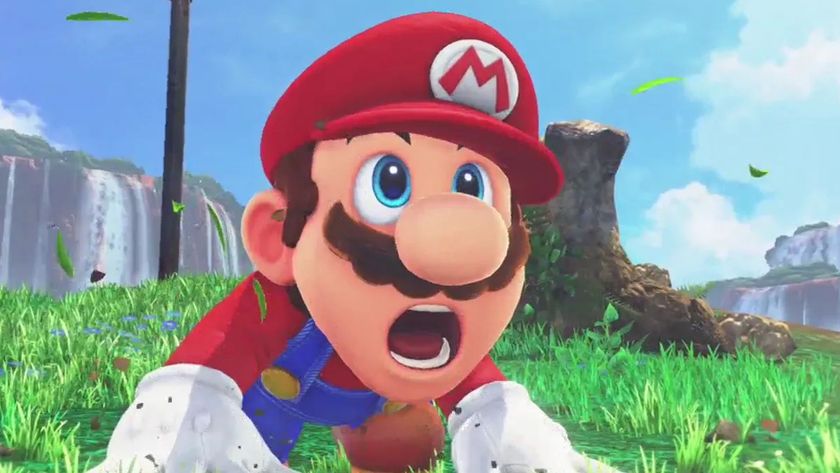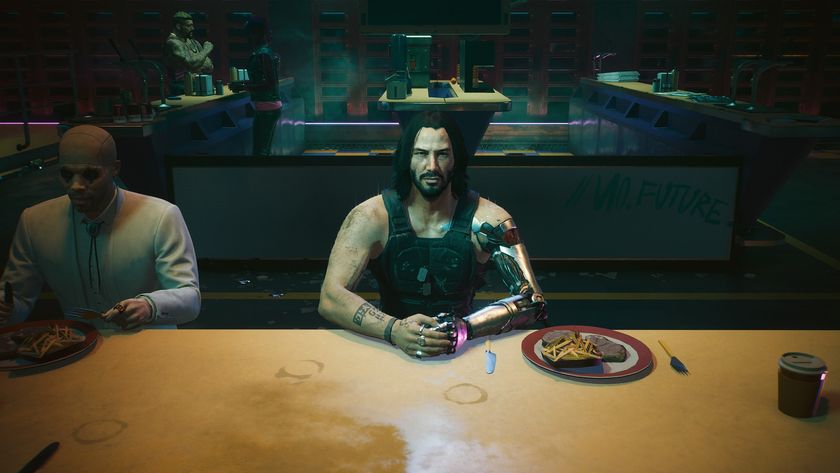The last generation of open worlds showcased the timeless appeal of player empowerment
Charting the evolution of the open world genre this generation
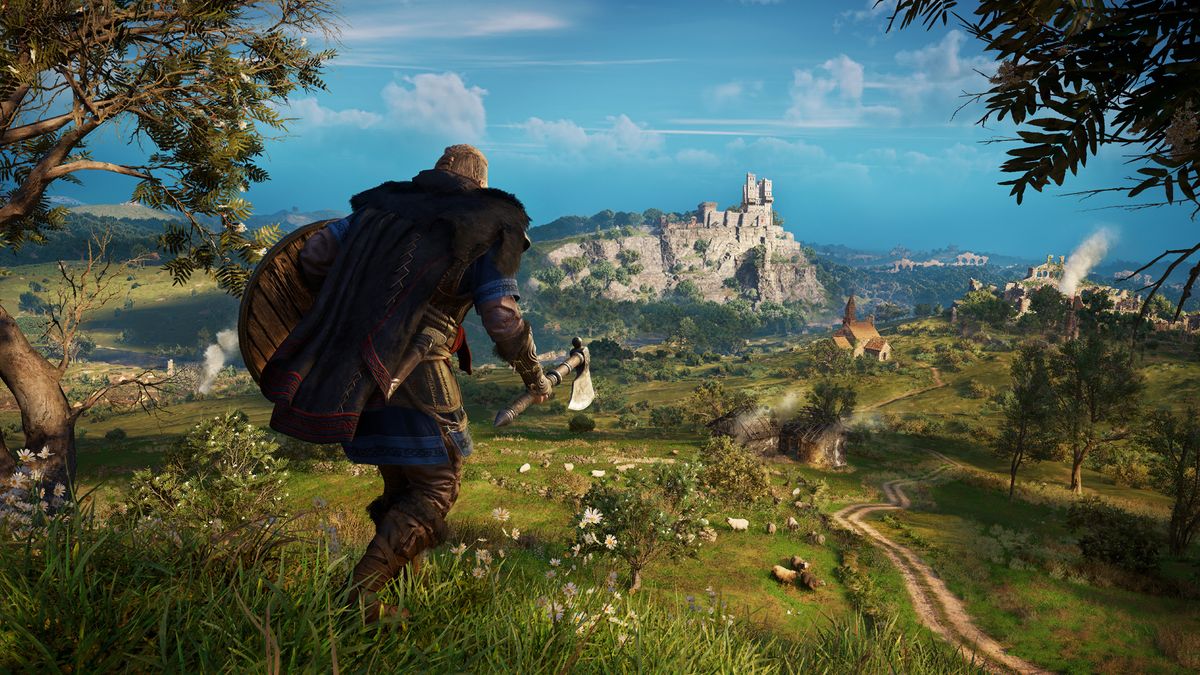

The mead-drenched England of Assassin’s Creed Valhalla has more in common with Disneyworld than you might think. Sure, there might be more axe-induced limb-lopping and armoured zealots than relentlessly cheery cast members in Mickey ears, but Ubisoft’s Viking-invaded Mercia is the ultimate theme park.
Developers have been talking about the similarities between theme parks and game design for years. It’s nothing new to hold up a magic mirror and compare the maps we pick up on the way into Six Flags, and the ones that appear at the press of a button when we land in a fresh sandbox.
Looking at the evolution of open world games of this generation is thus a perfect time to break down what we’ve come to expect from the genre. In short, magnificent theme parks with no gum on the ground.
Given that plenty of perfect open world games existed long before this generation, it’s the fine tuning of the genre that matters now. Our expectations include the richest world building, a carefully curated sense of freedom and belonging, endless vistas worthy of the ‘gram, and a story that ties it all together into something meaningful. So, no pressure.
Loading barred

Sticking with the Brotherhood for a second, let’s rewind back to the start of the generation in 2013 with Assassin’s Creed: Black Flag, which actually straddled the previous two console generations.
In interview after interview, creative director Jean Guesdon endlessly repeated that there would be no loading screens between land and sea and no interruptions between swinging from the Jackdaw onto other ships. This was a big step. Tantalising horizons scattered with deserted islands of palm trees and treasure and, most importantly, no waiting. Our priorities almost invisibly changed. And we haven’t really looked back since.
While there’s been a somewhat Freudian preoccupation with size over the years, it’s become exceptionally clear this generation that the scale of an open world’s map means absolutely nothing if there are only tumbleweeds between missions and activities.
Sign up to the 12DOVE Newsletter
Weekly digests, tales from the communities you love, and more
This is when you can play open world game bingo with jargon like ‘emergent’ and ‘persistent’, but these buzzwords matter. When they do their jobs right, remaining unpaused in a Far Cry game to go and make a cup of tea will usually result in returning to a charred corpse with no idea exactly what got you.
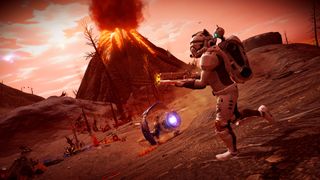
"The scale of an open world’s map means absolutely nothing if there are only tumbleweeds between missions and activities."
And it’s this that turned No Man’s Sky players rapidly against it on release in 2016. What use is a procedurally generated infinite open world if there’s nothing valuable to do in it? There’s only so many bizarre dinosaurs we can laugh at before we give up.
Thus, Hello Games set about adding everything we actually wanted in the first place: story, structure, and shared purpose. Infinity is only really fun with friends, and No Man’s Sky has ended this generation absolutely nailing that sense of shared entertainment.
But it’s the opposite of infinity that makes the theme park design comparison so relevant. Just like Uncle Walt and his Imagineers when building their first resort, game developers construct perfect miniature worlds. No vista is an accident. Nothing is true, everything is permitted. There might not be a Kodak logo on the ground, but you won’t be the only one who stops in that specific spot to take a snap.

Red Dead Redemption 2 and Grand Theft Auto 5 draw art from these moments in between. Rockstar understands that when you set foot in its worlds, the sense of immersion and wish fulfilment are all that matters. There’s a reason that both of its last two games topped a recent chart of a virtual photography poll. Who wants to fast travel when walking or riding feels like this?
And the richer these spaces feel, the clearer the atmospheric change when we venture somewhere new. The Witcher 3: Wild Hunt’s cities and forests, the sprawling regions of Horizon Zero Dawn, the decimation of Fallout 4... here, the story often arrives long before we say a word to an NPC.
Assassin’s Creed Valhalla has even opted for its regions to be seasonal; you can’t move for Halloween turnips in Gloucestershire, while York is trapped Narnia-like in an eternal winter. Although thankfully one where there is a Christmas.
Plus, once it actually runs to an acceptable standard on this generation, few games will be able to touch the depressing majesty of Cyberpunk 2077’s Night City. This neon metropolis of staggering Surge-addled inhabitants and intimidating verticality pushes theming to new levels entirely.
Formula won
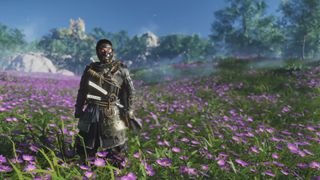
Structure wise, open world games have developed a reliable recipe, largely dictated by Ubisoft’s sprawling creations. And it’s not an unpleasant cocktail, just a very familiar one by now.
Exploring new areas tends to come with a viewpoint - be it a radio tower, slowly plodding robot dinosaur, or even the hot air balloons of Avalanche’s satisfyingly dusty Mad Max - and bullet points of violent busy work are to be expected. The beautiful Ghost of Tsushima this year couldn’t help its Assassin’s Creed comparisons for these reasons, but wore them with pride rather than a mark of shame.
Marvel’s Spider-Man on PS4 also presents something of a webbed to-do list, but broke the mould with its ludicrously satisfying swinging through Manhattan. We hate to go all calendar quote on you. but it’s very much about the journey and not just the destination here. Anyone fast travelling in Spider-Man should probably have a word with themselves.
But then there’s everything else. The range of activities, the ability to be able to do whatever you want for as long as you want. Spending hours playing Gwent, becoming obsessed with Fulton balloons, fixating on animal hides, or finding that perfect photo mode angle. The ultimate open worlds need to give you just enough freedom, but welcome you back to a main campaign with open arms when you’ve eventually had your fill.
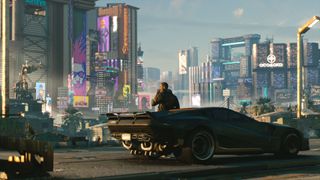
It’s perhaps here where the biggest steps forward can truly be made in the genre. Quest givers are rarely just standing there statically anymore, waiting for you to rock up, as there are now plenty of ways to get inventive with mission structure. This is another area where Cyberpunk 2077 excels, filling your phone with more endless quests, letting you respond to messages, or even ignore everything entirely in favour of hunting down a gun that speaks.
Where next then? The new generation of consoles guarantees more expansive worlds, but these have to have the depth of content to match. The extended development windows for these experiences are only going to get longer as developers ensure rewards and atmosphere in even the unlikeliest of places across sprawling open worlds.
And naturally too will come the next generation of those tried and tested formulas, breaking those boundaries in ways that feel fresh and new. Narrative choices having real effects on the world, more advanced NPC AI bringing populations to life, and new ways to explore and richer experiences where expected facades will fall to reveal new adventurous potential. With a new generation to empower them, the open world games that come next are going to be something special.
For more, check out the best open world games to escape into right now, or discover our top five games of the generation in the video below.
Louise Blain is a journalist and broadcaster specialising in gaming, technology, and entertainment. She is the presenter of BBC Radio 3’s monthly Sound of Gaming show and has a weekly consumer tech slot on BBC Radio Scotland. She can also be found on BBC Radio 4, BBC Five Live, Netflix UK's YouTube Channel, and on The Evolution of Horror podcast. As well as her work on GamesRadar, Louise writes for NME, T3, and TechRadar. When she’s not working, you can probably find her watching horror movies or playing an Assassin’s Creed game and getting distracted by Photo Mode.
Most Popular







